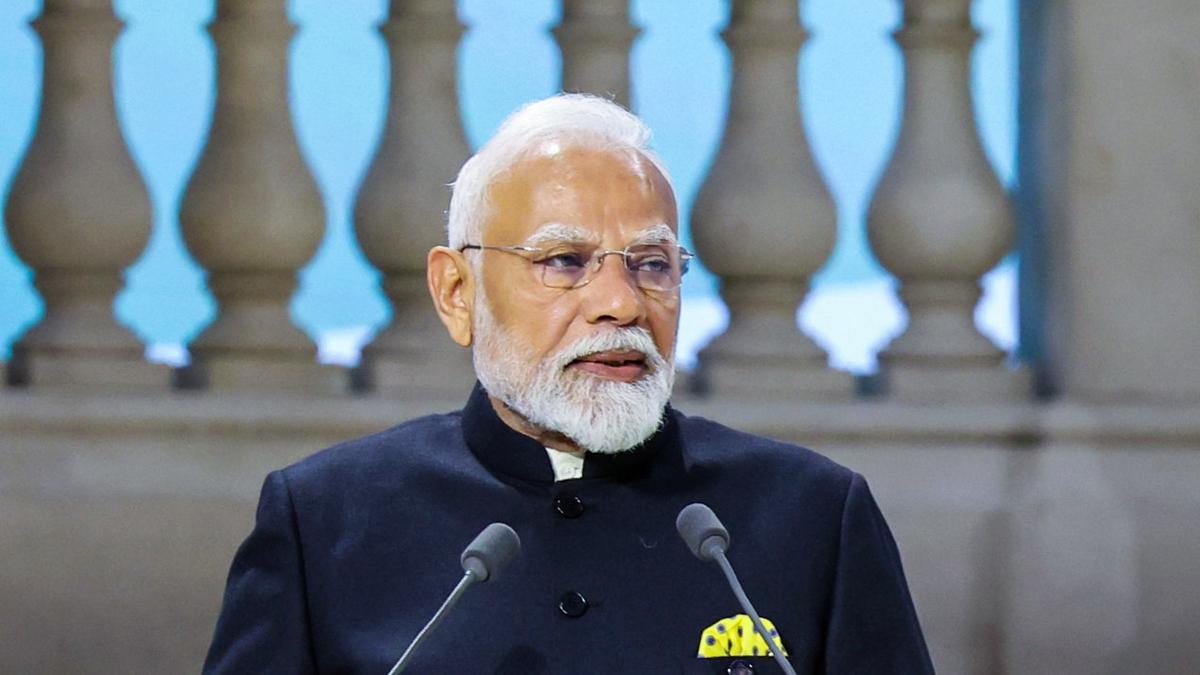 |
|
The Delhi High Court is currently deliberating on a crucial case concerning the release of Prime Minister Narendra Modi's university degree. The case stems from a Right to Information (RTI) request seeking the disclosure of the Prime Minister's academic records, specifically his Bachelor of Arts degree from Delhi University. This seemingly simple request has ignited a complex legal battle, pitting the principles of transparency and public accountability against the right to privacy and the potential for the misuse of RTI legislation.
Delhi University, represented by Solicitor General Tushar Mehta, vehemently opposes the release of the information. Their core argument hinges on the distinction between information that is of 'public interest' and information that merely garners 'public interest'. Mehta contends that mere curiosity or a desire to know does not automatically translate into a legitimate demand under the RTI Act. He emphasizes that the university holds the information in a fiduciary capacity and that releasing this private information would be a breach of trust and potentially set a dangerous precedent. The university further argues that disclosing the academic records of one individual would necessitate the disclosure of similar records for all students who graduated in the same year, effectively turning the RTI Act into a tool for mass data collection driven by mere inquisitiveness rather than genuine public benefit. The university’s stance is that releasing such information would be unlawful and potentially damaging to its student body.
Conversely, the RTI applicant, represented by Senior Counsel Sanjay Hegde, maintains that the information sought is in the public interest, particularly considering the high public office held by the individual in question. Hegde argues that for voters to make informed decisions, transparency in the qualifications of elected officials is paramount. He draws a parallel to the disclosure of assets and financial details required from public figures and contends that academic qualifications are equally relevant to public scrutiny. He further highlights that the information sought isn't confidential information provided by the student but rather information generated by the university during its own academic processes, thus weakening the university’s fiduciary responsibility argument. Furthermore, intervenors in the case, including prominent RTI activists, argue that information older than 20 years should automatically be made public under the RTI Act, regardless of privacy concerns or fiduciary relationships.
The heart of the legal debate centers on the interpretation of the RTI Act and the balancing act between individual privacy rights and the public's right to know. The university’s assertion that the CIC’s order was 'arbitrary' and 'untenable in law' underscores the complexities inherent in applying the RTI Act to matters involving private information of public figures. The court must weigh the potential benefits of transparency in public life against the dangers of creating a precedent that could potentially expose the private information of any individual solely based on public curiosity. This case highlights a broader discussion around the appropriate limits of transparency and the potential for the misuse of legislation intended to foster accountability.
The case also touches upon the broader issue of the potential for abuse of the RTI Act. Mr. Mehta's characterization of the applicant and intervenors as 'busy bodies' and 'meddlesome interlopers' reflects a growing concern that the RTI Act, intended for promoting accountability and transparency, can be exploited to satisfy individual curiosity or even for malicious purposes. The court's decision will have significant implications for the interpretation and application of the RTI Act and will shape future discussions surrounding the balance between individual privacy and public transparency, particularly in matters involving prominent public figures.
The Delhi High Court's decision in this case will carry significant weight, setting a precedent for future cases involving the intersection of privacy rights, public interest, and the use of the RTI Act. The court's ruling will impact how similar future requests are handled, clarifying the boundaries between legitimate public interest and mere curiosity. The case highlights the ongoing tension between transparency and privacy in the digital age and underscores the need for a careful and balanced approach to interpreting and applying freedom of information legislation.
The ongoing legal battle underscores the complex and evolving nature of the balance between transparency and privacy, especially in the context of public figures and access to personal information. The court's ultimate decision will shape the future of RTI requests relating to personal information of public officials and will undoubtedly influence interpretations of public interest versus mere curiosity in similar cases.
